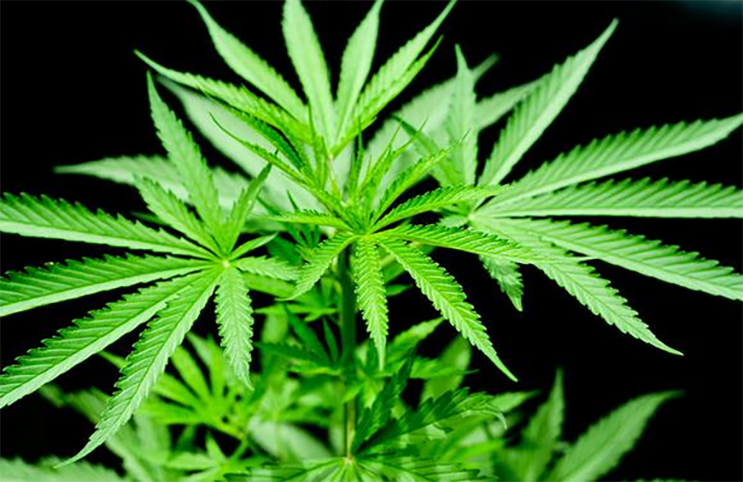Tribes all over the United States are feeling that the cannabis industry maybe too much of a risk almost a year after a Justice Department policy stated that they could grow and sell marijuana under the same guidelines as certain states. There have been federal raids on tribal marijuana fields in California and other tribes are becoming wary. South Dakota’s tribe decided to burn its marijuana field because of fears that there were more requirements than just to depend on DOJ standards stated in a memo last December. This ambiguity was blamed on DOJ guidelines, that cannabis is still illegal on the federal level, and a complicated mix between state, federal and tribal laws. As a result, attorneys have been warning tribes to be cognizant of all the risks that come with the marijuana industry before entering it.
“Everybody who is smart is pausing to look at the feasibility and risks of growing hemp and marijuana,” stated former chairman of the Shinnecock Tribe in New York and regional vice president of the National Congress of American Indians, Lance Gumbs. “But are we giving up on it? Absolutely not.”
Tribal leaders and lawyers said on Wednesday that recent raids should be proof that their way be a bit “more red tape” that tribes have to negotiate legalizing marijuana than other states have been facing at a conference on tribal economic development occurring in Santa Fe. That has definitely been true for tribes existing in states where marijuana has not been legalized; in these cases, tribes must find a way to bring seeds to grow marijuana onto their reservations without entering any state jurisdictions. In addition, sheriffs and state officials in the area will certainly be less lenient with marijuana, according to director of business development for the National Center for American Indian Enterprise Development, and the host of the conference, Blake Trueblood.
“Industrial hemp, medical marijuana and maybe recreational marijuana present a lot of opportunities. But for now, the best advice is to proceed with caution,” Michael Reif, an attorney for the Menominee tribe in Wisconsin, stated. “We’re seeing the ramifications of things being unclear in a way states didn’t.”
MAPH Enterprises, LLC | (305) 414-0128 | 1501 Venera Ave, Coral Gables, FL 33146 | new@marijuanastocks.com










